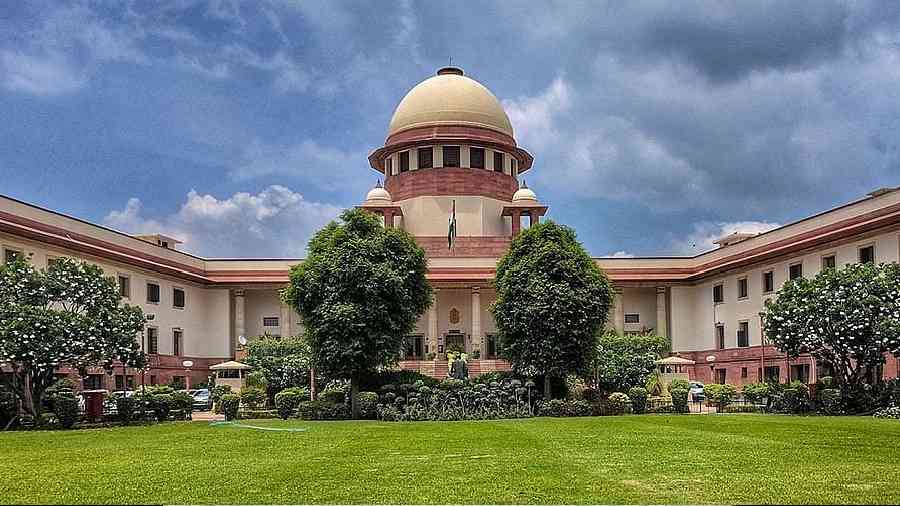The Indian government has opposed granting legal sanction to same-sex marriage, arguing that marriage is an “exclusively heterogenous institution.” The government’s stance was presented to a five-judge Constitution bench of the Supreme Court, which is set to hear a series of petitions seeking recognition for same-sex marriages.

Credits – Tribune India
The government argued that granting recognition to the “heterogeneous institution” of marriage alone is not discriminatory, as it is a universally accepted socio-legal norm across different religions. The government also pointed out that even in Islam, a valid marriage is only recognized between a biological man and woman.
The government dismissed the petitions in support of same-sex marriage as “mere urban elitist views for the sake of social acceptance.” It further stated that parliament needs to consider the broader views and voices of all populations, including rural and semi-rural areas, religious denominations, personal laws, customs, and their inevitable cascading effects on other statutes.

Credits – Telegraph India
The government representative questioned the nature and capacity of the judiciary in creating such institutions, emphasising that the matter is purely a legislative policy under Entry 5 of List III of Schedule VII of the Constitution and should be determined by the appropriate legislature only.
The debate over legal recognition of same-sex marriage in India has been ongoing for many years. LGBTQ activists argue that denying marriage rights to same-sex couples is a violation of their fundamental rights and the principles of equality and non-discrimination enshrined in the Indian Constitution. However, opponents of same-sex marriage argue that it goes against traditional social and religious norms.





















































































